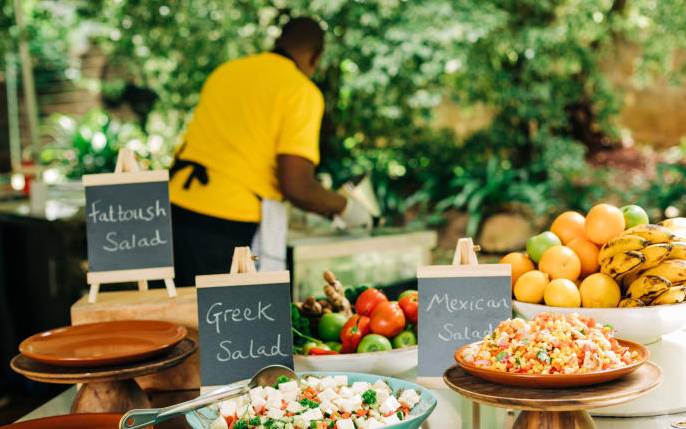
Eggs Benedict, Belgian waffles, smoothies in screw-tops jars and mimosas? To some, that might sound like a list of unrelated breakfast options. However, to millennials, middle and upper-class, that sounds like a pretty great brunch.
We like to think we live in a classless society. And to some extent, we do. A lot of class signifiers have disappeared or decreased over time. Take the clothes on our backs, pocket-friendly brands such as Zara, MRP, Mango, and H&M have melded across class barriers – these days, even the Duchess of Cambridge sports Zara pants.